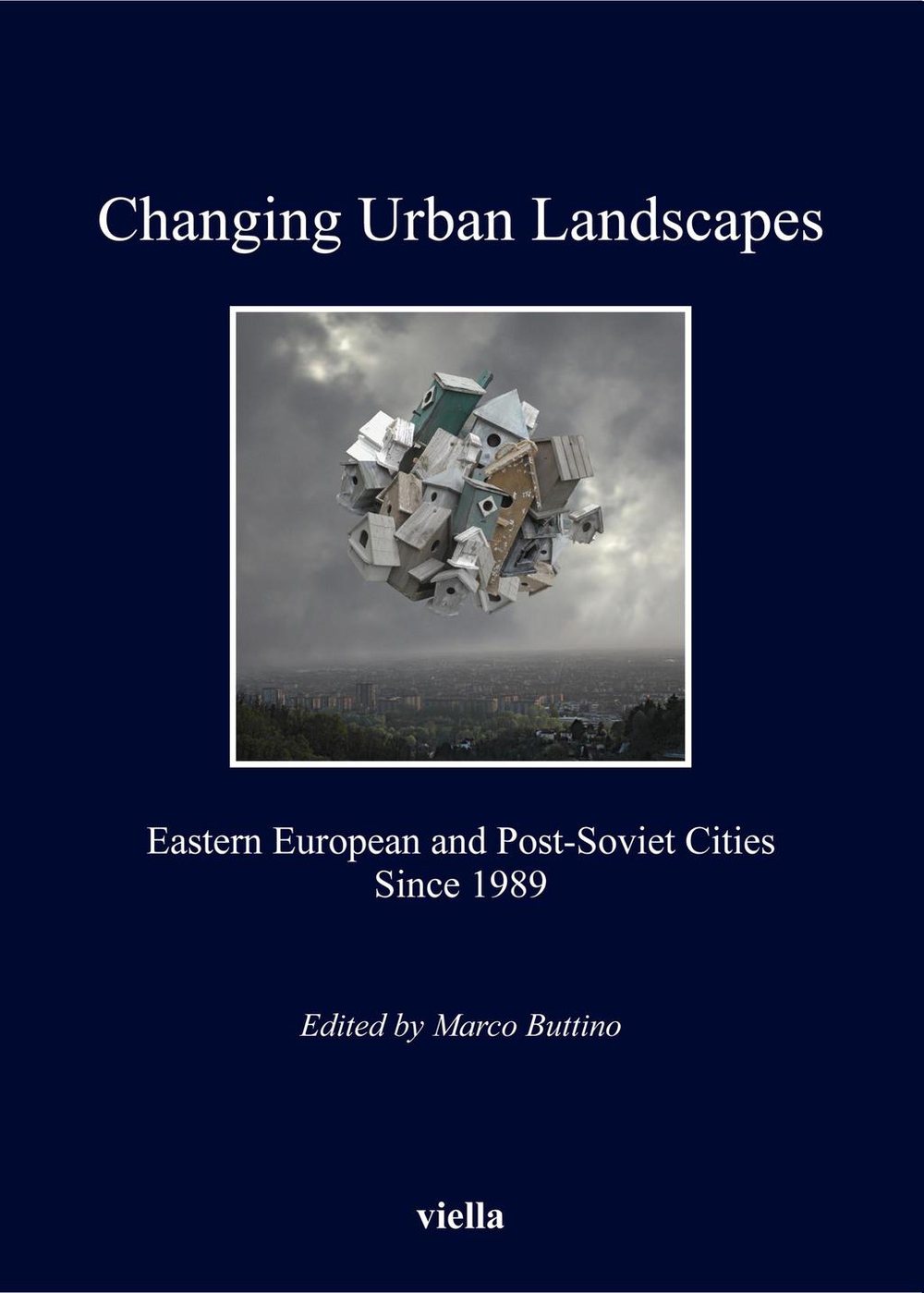Description
The vast territory from Asia to Eastern Europe that was part of or under the influence of the Soviet Union comprised cities, which have undergone profound changes in the last twenty years. The opening of borders combined with the affirmation of market dynamics, privatization and concentration of wealth, and the emergence of nationalist discourses have upset ways of life and value systems leaving deep marks on the urban landscape and organization of living space. These essays take an in-depth look at specific cases – Samarkand, Sarajevo, Berlin, Almaty, and others – to offer a complex picture of the transformations affecting the post-communist city.
Biographical notes
Marco Buttino è professore di Storia dell’Oriente europeo presso l’Università di Torino. È autore di numerose opere su vari aspetti della storia sociale dell’URSS e dell’Asia Centrale. Tra le sue pubblicazioni più recenti: La rivoluzione capovolta. L’Asia centrale tra il crollo dell’impero zarista e la formazione dell’Urss, Napoli 2003 (traduzione in russo 2008) and Minorities in Samarkand: A Case Study of the City’s Koreans, in «Nationalities Papers»/, 37, 5 (2009). Marco Buttino is professor of Eastern European History at the University of Turin. He has written extensively on various aspects of the social history of the USSR and Central Asia. Among his recent publications: La rivoluzione capovolta. L’Asia centrale tra il crollo dell’impero zarista e la formazione dell’Urss, Naples 2003 (Russian translation 2008) and, on Samarkand, Minorities in Samarkand: A Case Study of the City’s Koreans, in «Nationalities Papers», 37, 5 (2009).






